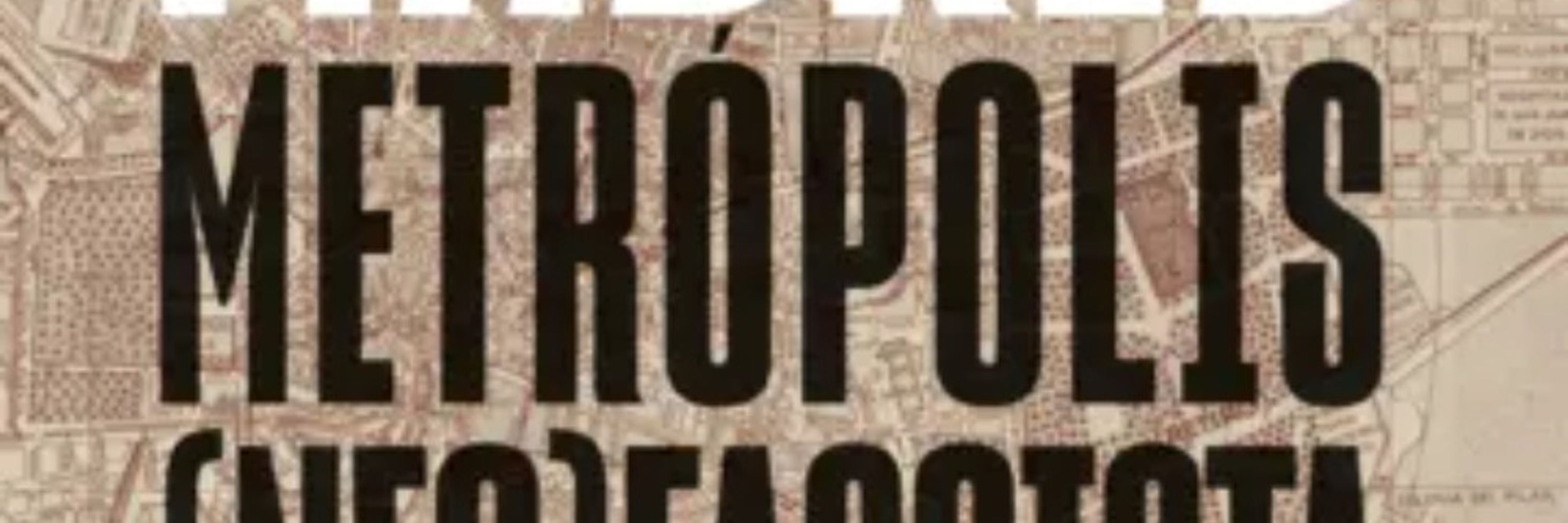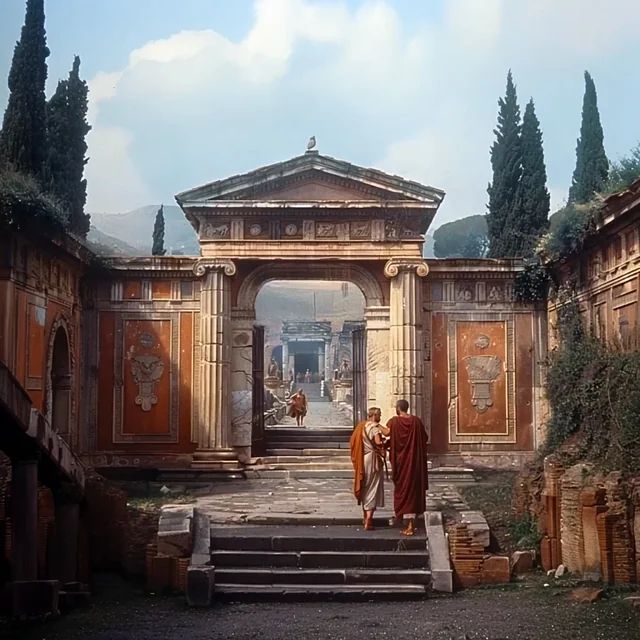Pablo del Hierro
@pablo1981.bsky.social
970 followers
570 following
52 posts
Associate Professor Global History Maastricht University. Not very good with labels. Interested in all sorts of histories and the challenges of multidisciplinarity. Big Atlético de Madrid fan.
Posts
Media
Videos
Starter Packs
Reposted by Pablo del Hierro
Reposted by Pablo del Hierro
Reposted by Pablo del Hierro
Pablo del Hierro
@pablo1981.bsky.social
· Jul 18
Reposted by Pablo del Hierro
Reposted by Pablo del Hierro
Pablo del Hierro
@pablo1981.bsky.social
· Jul 18
Pablo del Hierro
@pablo1981.bsky.social
· Jul 18
Pablo del Hierro
@pablo1981.bsky.social
· Jul 18
Pablo del Hierro
@pablo1981.bsky.social
· Jul 18
Pablo del Hierro
@pablo1981.bsky.social
· Jul 18
Pablo del Hierro
@pablo1981.bsky.social
· Jul 18
Pablo del Hierro
@pablo1981.bsky.social
· Jul 18
Pablo del Hierro
@pablo1981.bsky.social
· Jul 18
Pablo del Hierro
@pablo1981.bsky.social
· Jul 18
Pablo del Hierro
@pablo1981.bsky.social
· Jul 18
Pablo del Hierro
@pablo1981.bsky.social
· Jul 18
Pablo del Hierro
@pablo1981.bsky.social
· Jul 18
Pablo del Hierro
@pablo1981.bsky.social
· Jul 18
Pablo del Hierro
@pablo1981.bsky.social
· Jul 18
Pablo del Hierro
@pablo1981.bsky.social
· Jul 18
Pablo del Hierro
@pablo1981.bsky.social
· Jul 18
Pablo del Hierro
@pablo1981.bsky.social
· Jul 18





